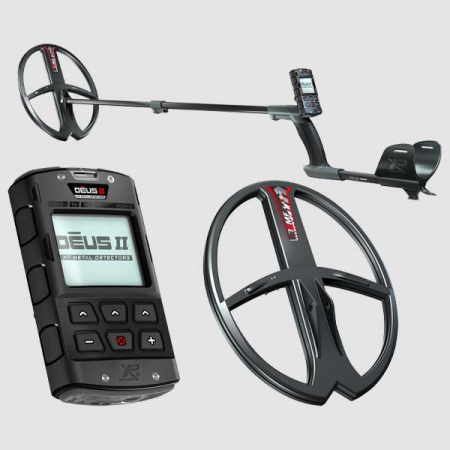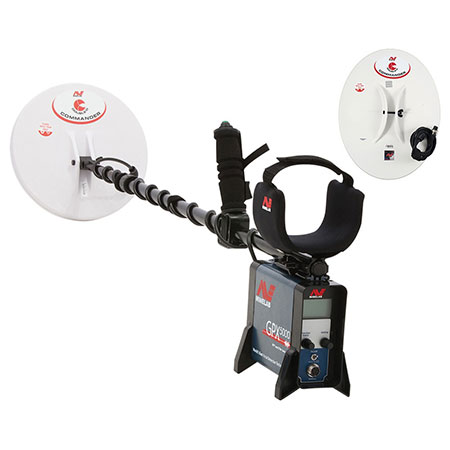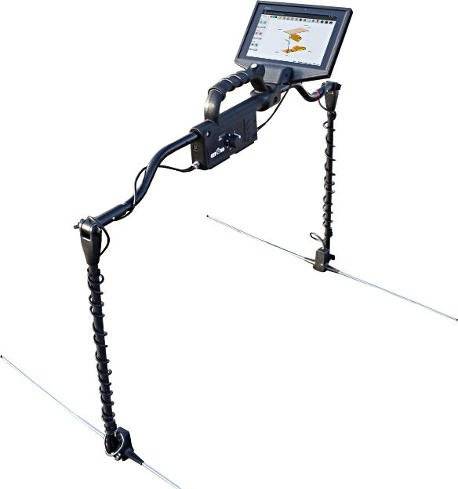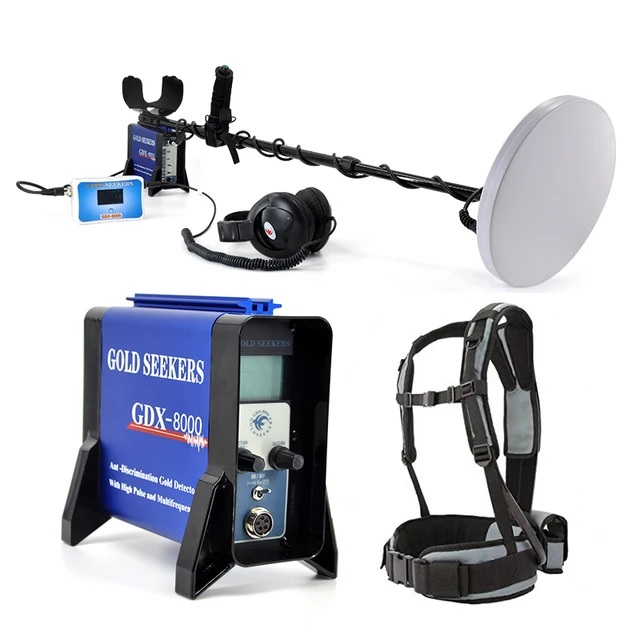فلزیاب به انگلیسی
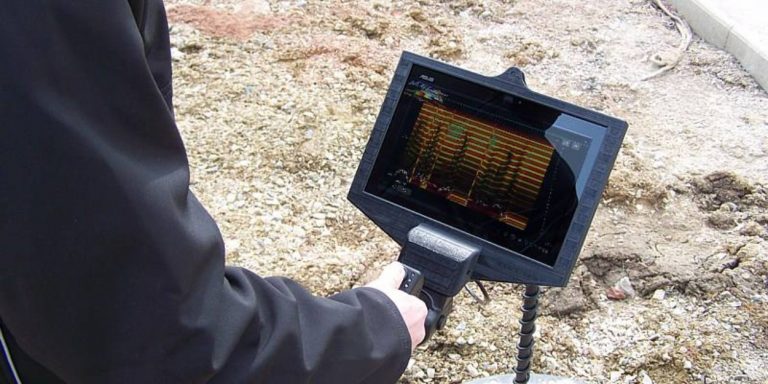
Metal Detector: A Comprehensive Guide
A metal detector is a device used to detect the presence of metals buried underground or hidden within objects. It’s mainly used for finding valuables like coins, jewelry, and relics, but also has important applications in security and industry. Metal detectors use electromagnetic fields to detect metal objects by sending out a signal and measuring the reflection of the signal from the object.
How Does a Metal Detector Work?
Metal detectors work by generating an electromagnetic field using a coil. When the detector is moved over the ground, if there is a metal object within the range of the electromagnetic field, it will disrupt the field. This disruption is detected and converted into an alert, usually in the form of sound or vibration, signaling the presence of a metal object. The technology can detect metals like gold, silver, iron, and copper, but the sensitivity may vary depending on the type of detector.
Types of Metal Detectors
- VLF (Very Low Frequency) Detectors: These are the most common type of metal detectors and are great for detecting small items like coins and jewelry. They are typically lighter and easier to use.
- Pulse Induction (PI) Detectors: These detectors send strong pulses of electricity into the ground and are highly effective for finding metals at greater depths. They are less sensitive to ground minerals, making them ideal for use in areas with high mineral content, such as beaches.
- Beat-frequency Oscillation (BFO) Detectors: These are simple and inexpensive metal detectors that use two coils to detect the presence of metals. They are generally less accurate and have a lower depth range than VLF and PI detectors.
- Industrial Detectors: These detectors are used in large-scale industries, for example, to detect metal objects in food production lines or to find hazardous objects in manufacturing environments.
Common Uses of Metal Detectors
- Treasure Hunting: Many people use metal detectors as a hobby to search for lost treasures, coins, and historical artifacts.
- Security Purposes: Metal detectors are used at airports, government buildings, and stadiums to detect weapons and other prohibited metal objects.
- Archaeology: Metal detectors are invaluable for finding ancient relics, coins, and other historical items buried under the ground.
- Construction and Industry: In construction, metal detectors can be used to locate metal pipes, wires, or reinforcement bars buried in concrete.
Advantages of Using a Metal Detector
- Easy to Use: Most modern metal detectors are designed with user-friendly interfaces, making them accessible for beginners and experienced users alike.
- Portable and Lightweight: Metal detectors are typically lightweight and easy to carry, making them ideal for long searches.
- Versatile: Metal detectors can be used in a wide variety of environments, from beaches to forests to urban areas.
- Accurate Detection: With the right settings, metal detectors can identify the type of metal, the depth of the object, and even the size of the target.
How to Choose the Right Metal Detector
When selecting a metal detector, consider the following factors:
- Purpose: Are you searching for coins, relics, or gold? The type of items you’re looking for can influence the best detector choice.
- Depth Range: Some detectors are better for shallow searches, while others are designed to detect objects buried deeper in the ground.
- Sensitivity and Discrimination: Good detectors can discriminate between different types of metal, and higher sensitivity means they can detect smaller items.
- Weight and Comfort: Make sure the detector is comfortable for long periods of use, especially if you plan on using it for extended sessions.
- Price: While some metal detectors can be quite expensive, there are also budget-friendly options for casual users.
Price Range of Metal Detectors
Metal detectors come in a wide range of prices, depending on their features, brand, and capabilities. Entry-level detectors may start as low as $100, while high-end models with advanced features, greater depth detection, and improved sensitivity can cost several thousand dollars. When buying a metal detector, it’s important to balance the price with the features you need.
Where to Buy a Metal Detector
When purchasing a metal detector, it’s important to buy from a reputable seller. Many stores in your area, as well as online marketplaces, sell metal detectors. Make sure to choose a store or website that offers warranties, customer support, and trusted brands.
